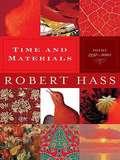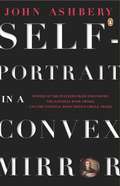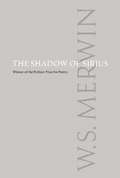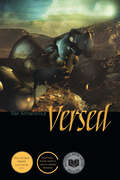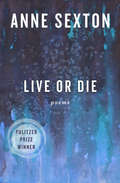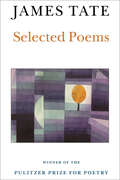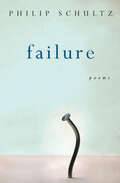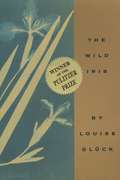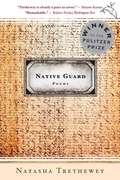Special Collections
| Year | Category | Title | Author | Date Added | Action |
|---|---|---|---|---|---|
| 2008 | Poetry |
|
Robert Hass | 05/25/2017 | |
| 1976 | Poetry |
|
John Ashbery | 05/25/2017 | |
| 2009 | Poetry |
|
W. S. Merwin | 05/25/2017 | |
| 2006 | Poetry |
|
Claudia Emerson | 05/25/2017 | |
| 2010 | Poetry |
|
Rae Armantrout | 05/25/2017 | |
| 1967 | Poetry |
|
Anne Sexton | 05/25/2017 | |
| 1992 | Poetry |
|
James Tate | 05/25/2017 | |
| 2008 | Poetry |
|
Philip Schultz | 05/25/2017 | |
| 1993 | Poetry |
|
Louise Glück | 05/25/2017 | |
| 2007 | Poetry |
|
Natasha Trethewey | 05/25/2017 |
